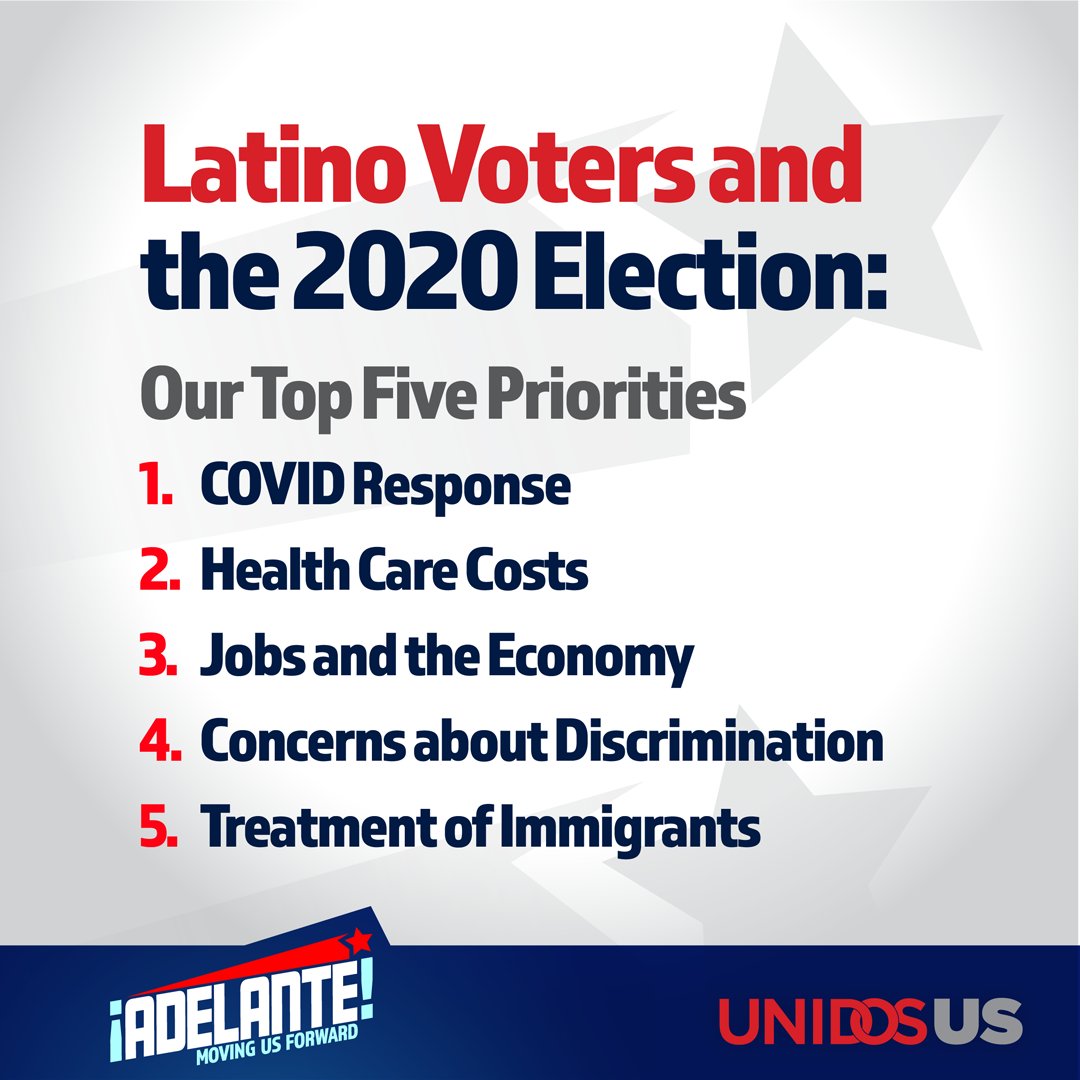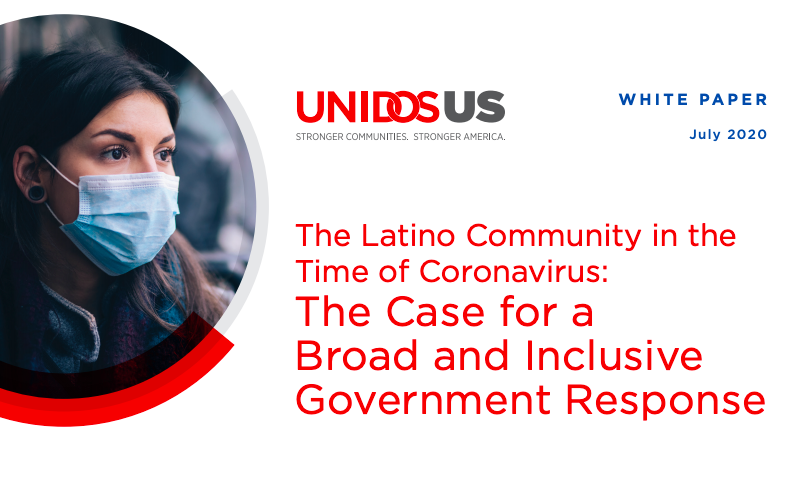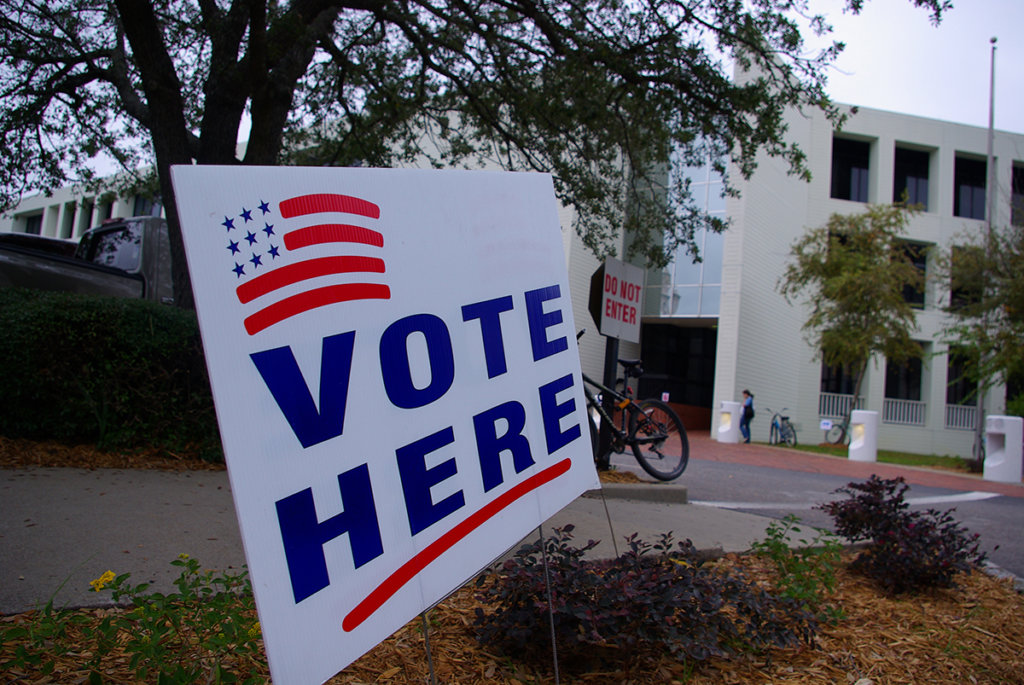First presidential debate: A new low—¡Qué vergüenza!
Well, that was something.
The debate last night was not easy to watch, but these are not easy times for most Americans. And Latino voters know this all too well. This debate was a missed opportunity to address the top issues that Latinos care about.
Instead of endless bickering, Hispanic voters want a resolution to the coronavirus pandemic. Our community knows that our society cannot be strong economically if people don’t have physical and mental health. Our workplaces cannot fully open and our children and teachers cannot go back to school without fear.
At the same time, we must remain engaged in this process—because elections are about you, your community, and your family.
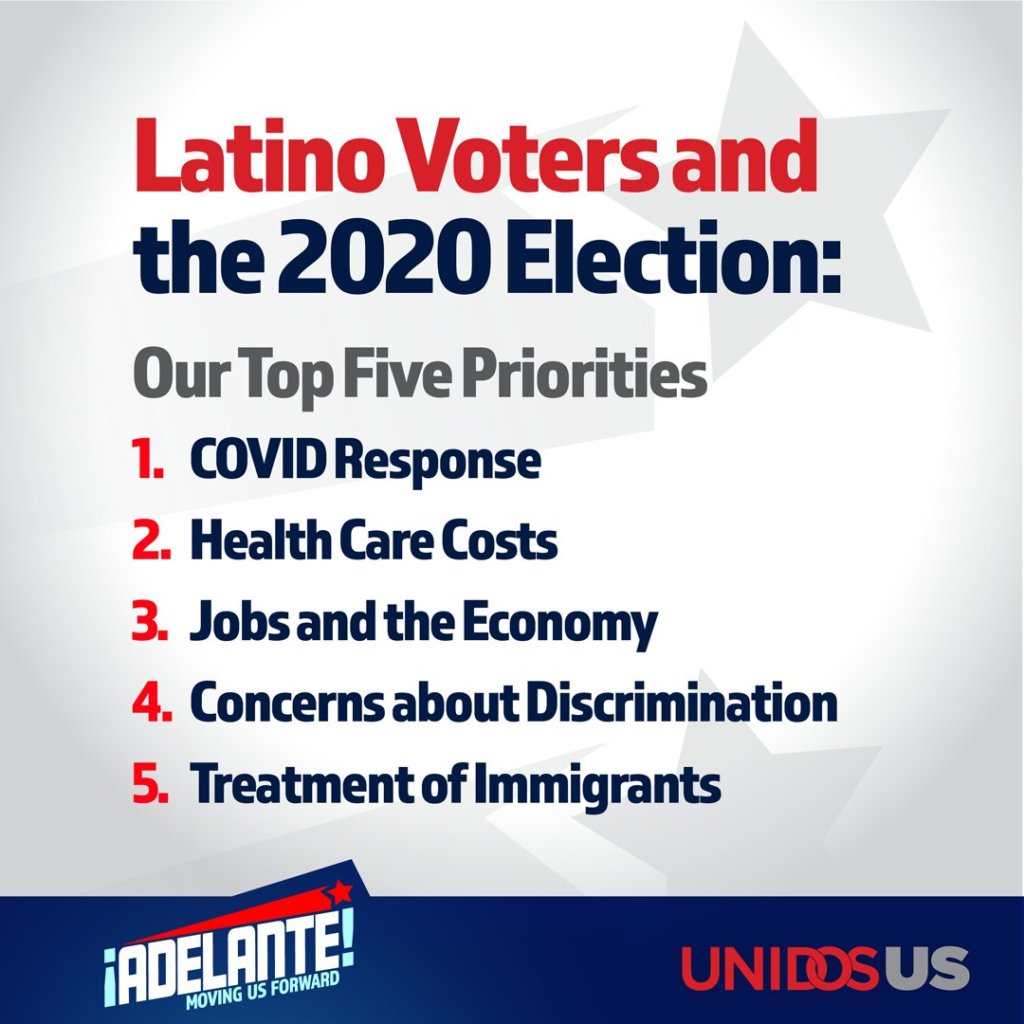
That’s why it’s important to stay engaged and informed, and know that YOUR VOTE WILL BE COUNTED. Many people around the country have already voted early. Check your state’s rules and make a plan to vote by visiting adelanteunidos.com and vote.org
And for those who say there is nothing to ever vote for we can only say, look outside. We can point to the fact that nearly half of Latinos say they know someone who has had COVID-19. Latino voters are also worried about health care costs, unemployment and wages, which are intrinsically related to the pandemic.
But it’s not all about so-called pocketbook issues. Latino voters are also worried about discrimination and want to make sure immigrants are given a fair shot in our country.
This all presents great opportunities for the candidate who is willing to compromise to get things done. That’s what Latino voters want to see in this election, as they want to see their concerns addressed as part of the whole American family. And they want a leader who values our country’s diversity and will bring people together. Candidates at all levels who support this agenda will do a better job of gaining the support of Latino voters. We hope that the current presidential candidates can take the opportunity to flesh out their agendas more clearly in the two debates to come.
Tuesday night we saw the first of three debates between Democratic candidate and former Vice President Joe Biden, and Republican candidate President Donald Trump. Below we outline what we heard from the candidates along these five key issues, and what we hope to see them address in the coming weeks.
The Integrity of the Election
For our democracy to remain responsive to all our nation’s electorate, it is critical that Latinos can fully and consistently participate in each election cycle. Attempts to discredit mail-in voting before the election is inimical to our country’s sense of fair play and could result in significant disenfranchisement of the largest non-White ethnic voting bloc in the country. Latinos have shown that when they are registered, they vote in high numbers. The pathway to the ballot box must be made more accessible for all who are eligible to vote.
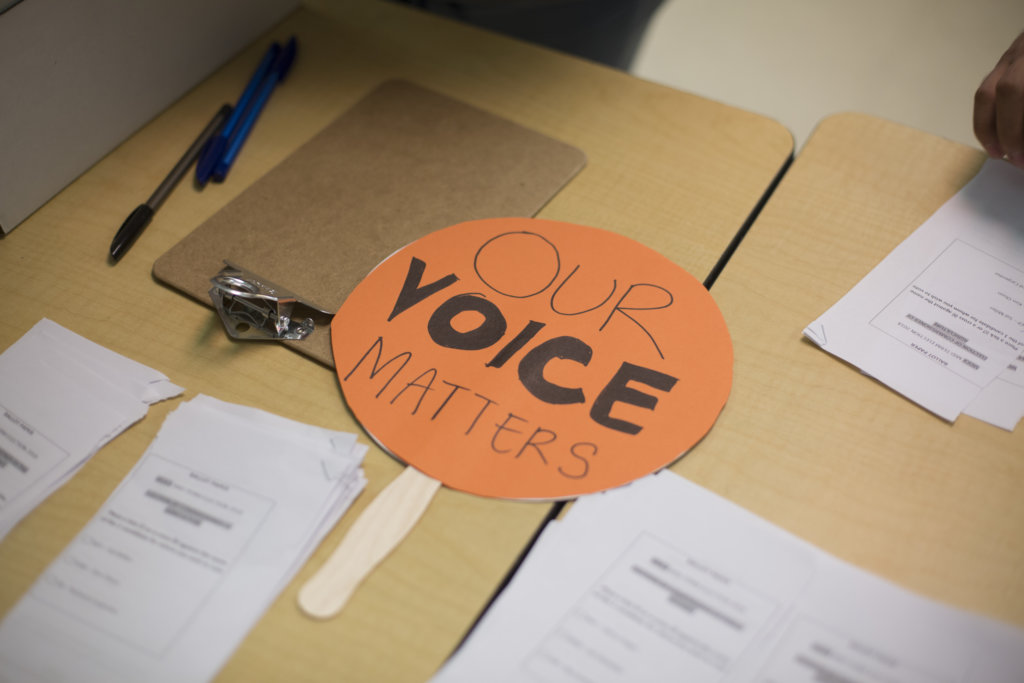
What is truly alarming, however, is the idea that a peaceful transfer of power is up for debate. The fact that one of the dearest ideals of American democracy could be questioned is hard to comprehend. Leaders at all positions of our government must commit to following the will of the people.
Racial Justice and Violence in our Cities
We have a saying in Spanish, “Tu lucha es mi lucha.” Your fight is my fight. Like our Black brothers and sisters, the Latino community has been targeted by cruel and hateful rhetoric, along with swings at DACA and the Census, which has been politicized in a way that suggests a deliberate attempt to undercount Black and Brown communities. The brutal murder of George Floyd led to national and global protests against racial injustice. We stand in solidarity with our African American brothers and sisters in seeking accountability and justice.
Most crucially, we had hoped to hear a strong denunciation of white supremacy, but we didn’t. This denunciation is what we would expect any president to say, but instead we heard the opposite when the president was directly asked about this issue.
COVID-19
Latinos have been disproportionately affected by the coronavirus pandemic. That’s not in dispute. Our community is getting sick and dying in numbers far greater than many other ethnic groups based on population.
Latinos make up around 30 percent of the population with COVID-19 and more than 17 percent of all U.S. deaths. These figures are tragic, considering that Latinos comprise only 18 percent of the total population. We need to include everyone in COVID-19 relief, including new Americans and those from mixed-status families.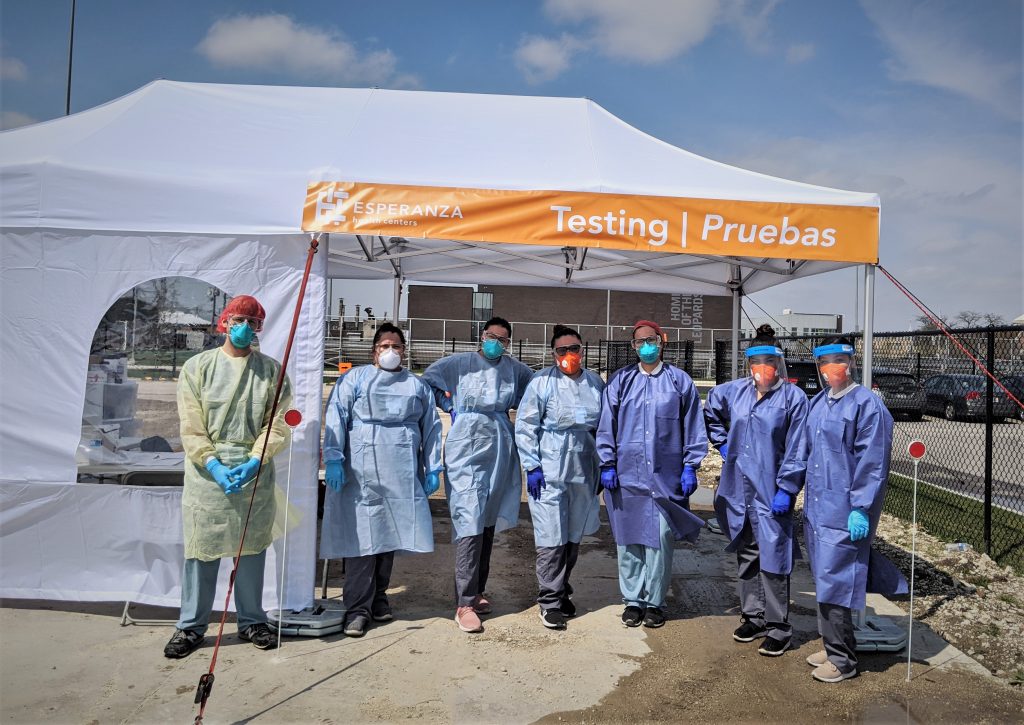
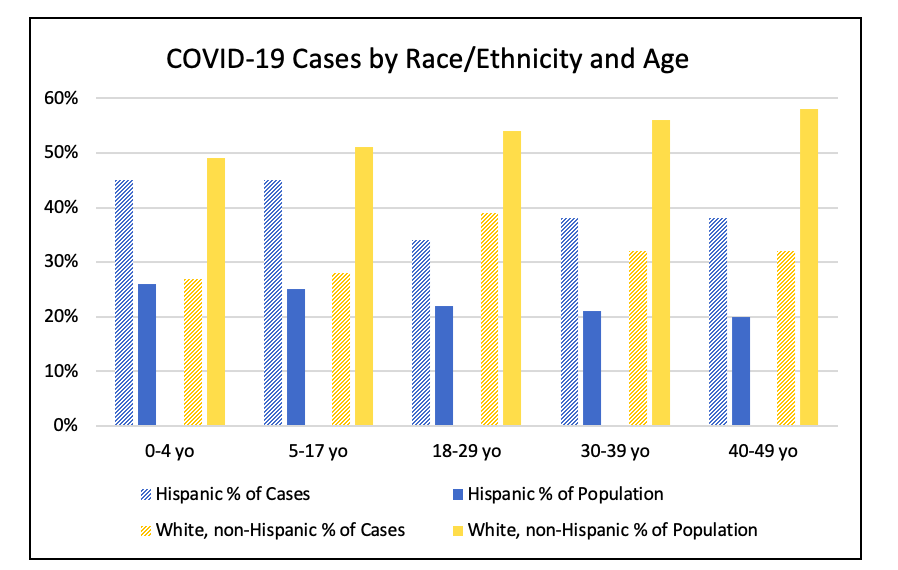
And our government’s failed response to the pandemic has been especially difficult for immigrants, who are disproportionately exposed to the pandemic while doing essential work. To hide their own failures, federal and state politicians have continually tried to blame coronavirus spikes on immigrants. We need less talk and more action from politicians so our families can get the relief they desperately need.
The Economy
Latino workers are essential. They feed the country, clean our communities, and care for us and our loved ones. But they still earn only a fraction of what White workers earn and are much less likely to have benefits like health insurance or paid leave, gaps that have left us more vulnerable to this disease. That’s why Latinos have been hit so much harder by COVID than other groups.
We need an economy that works for everyone. Congress has no excuse for the current stalemate over talks of a relief package. Current Congressional leadership has failed to protect this country at every step of the way and the Trump administration has neglected to give broad financial relief to Blacks and Latinos, who have been hit particularly hard by job loss. Trump’s unwillingness to consider additional unemployment for the millions out of work is just another slap in the face to those who need help. We need a government response that will prioritize the hardest hit people, rather than corporations and hedge funds.
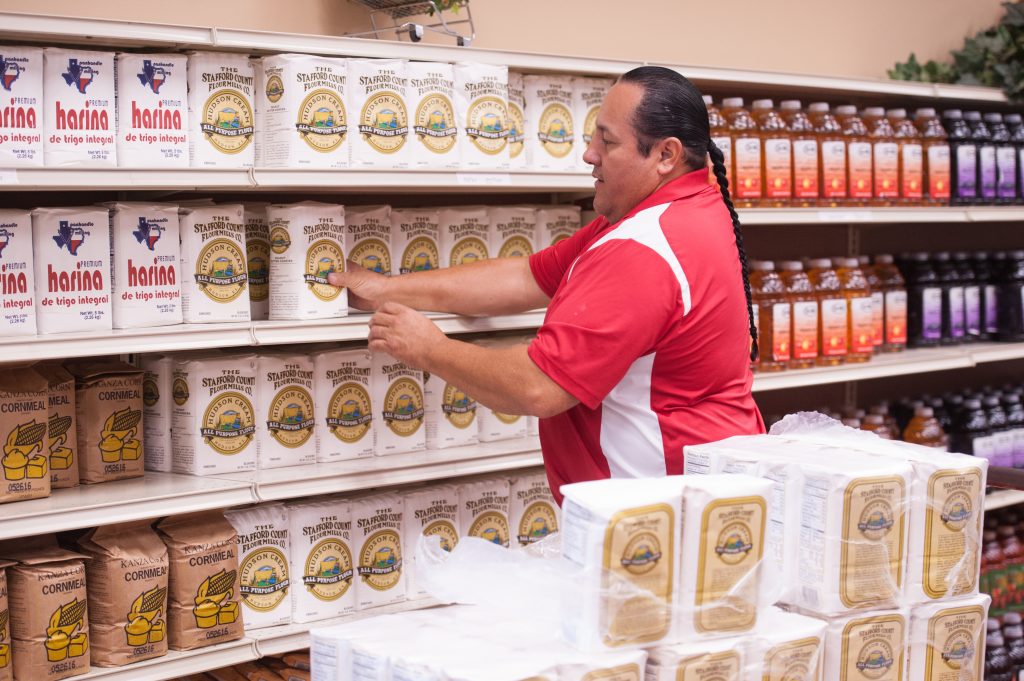

A small fraction (about 12 percent) of Black and Latino-owned businesses have received the full government assistance during the pandemic and now many of these local businesses will be forced to permanently close. Business owners of color have long battled systemic barriers to capital. Our government must prioritize them in future relief efforts with equal access to loans and funding.
The Supreme Court
Like the majority of Americans, we believe the winner of the election should fill the vacancy left by the passing of Justice Ginsburg. As Judge Barrett has been nominated and will be considered by the Senate, though, we will evaluate her record as it relates to the issues of greatest concern to the Latino community such as civil and voting rights, immigration, and health care.
What is most concerning is the continued assault on the Affordable Care Act (ACA). The ACA brought health coverage to 4 million Latino adults and more than half a million Latino children. However, this progress is in jeopardy. Between 2016 and 2019, Americans witnessed relentless political attacks on the nation’s health care system by congressional lawmakers more interested in tearing down President Obama’s legacy than helping Americans care for themselves and protect the health and well-being of their children and families. And the Trump administration is scheduled to argue against the ACA before the U.S. Supreme Court just a few days after Election Day.
Conclusion: Outreach is Essential
In the end, no matter who talks over whom, candidates matter, positions matter, and meaningful outreach is essential. If candidates want the support of the Latino community, they will have to take it seriously and ask for its vote, not just assume Latinos will vote one way or another based on tired stereotypes.
And yet, candidate and campaign outreach to Latino voters remains anemic, an important factor in the level of Latino participation we could see in the election. The majority of Latino voters consistently report they are not being contacted by campaigns, parties, or other organizations. If highly-likely-to-vote Latinos—people who actually cast a ballot—are not getting much attention, then infrequent voters and the eligible-but-not-registered are receiving even less or zero contact. Both parties still have a month to get this right.

